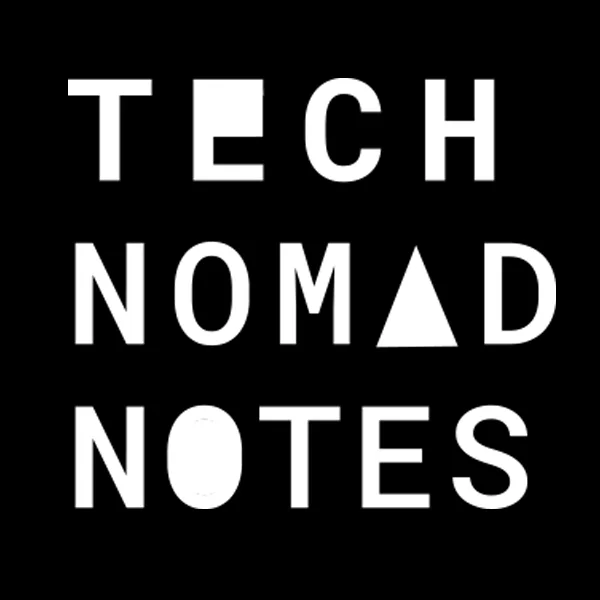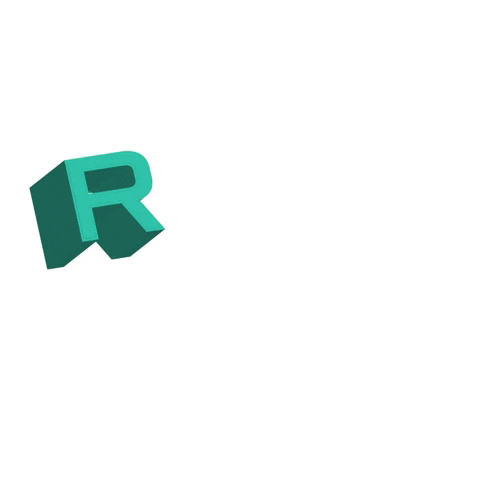By Olya Green
‘Build it, and they’ll come’ doesn’t work anymore, because Amazon and Google already built it. Can we still fight back for free Internet?
Back in 2010, I was writing my diploma thesis on how the free-for-all Internet was sweeping away the copyright legislation based on Digital Millennium Act basically acknowledging that there’s no such thing as online copyright, mostly because any attempt to regulate the information freefall is doomed to fail. That itchy feeling deep down inside made me wonder if that was fair to creators and artists. Little did I know that some nine years later my naive beliefs in equal copyright protection both for offline and online will be backed by a major European law-making institution. Yet, the question is still up in the air: will the proposed regulation prove to be beneficial for content creators, or become yet another means of lobbied algorithmic censorship threatening the freedom of speech? Google may attack the EU legislators for the authoritarian stance to hold accountable the platforms, but very telling is the fact that Google itself has been advocating the open-source and backing building open and free-to-use web-browser extensions for years, only to halt this developers’ initiative later.
Little did I know that some 9 years later the technology that can actually place the interests of content creators in line with content consumers and distributors will arrive.
Article 13 goes down the drain
A lot has been said about how Article 13 is trying to hide an attempt to double down on censorship behind a noble intention to protect artists and writers from illegal re-posting of their work. A bit less was said about the fact that the Article’s provisions appear to be pretty much watered-down without distinct control mechanisms in place. Whatever the impact of the EU Copyright Act is, one thing is for sure: the Web is torn apart by conflicting interests. While the governments are turning to draconian measures, all big tech wants is, of course, to keep the users engaged with viral content. People want free speech, while Hollywood producers want to make revenue out of streaming. So, how do we get all of these incentives aligned to get both away with fostering both free speech and copyright protection? The current iteration of Web will keep failing us, while the big tech centralized monopolies pursuing the ad revenues will persist.
If we want to enjoy both free speech and protect copyright, we need more dApps with decentralized governance. Leave the concrete mechanisms of aligning incentives to token engineers, what we can do now is join efforts in promoting this vision to the wider audience.
What we can do though is keep building p-2-p apps. The likes of BitTorrent and I2P paved the way, and now are being replaced by more advanced Dapps running on the blockchain tech. Not a fan of Zuckerberg’s ad-driven machine? Cool, cause we got Lens now. Not quite sure if Google’s storage keeps your data private? Try Filecoin instead.
Sell it, and they’ll come.
Before handing data ownership over to tech giants, the Internet was open-source and truly free. To advance the Web3 user-ownership vision, open-source communities are probably the best ally you could have:
‘I think that by having projects code bases and communities that bridge the gap between the anarchist, crypto-blockchain community, and the infrastructural, open source development community, I think that could help create the channel’.
- Jim Jagielski of Apache Software Foundation.
Now, how about onboarding another massive user group of GenZ? There is still a lot to be done on the frontend to make your teenage sister stop scrolling TikTok, but one thing is for sure - open Internet is set to win in the long run because it is based on the human instinct to self-organize. So, to hit that sweet adoption spot, why don’t we marry Web3 with GenZ’s darling TikTok? Sell it, and they’ll come.


